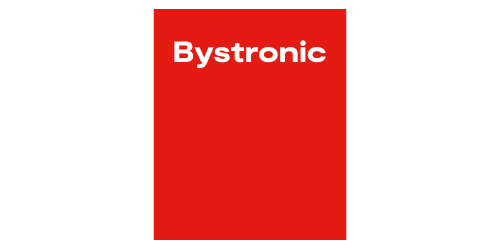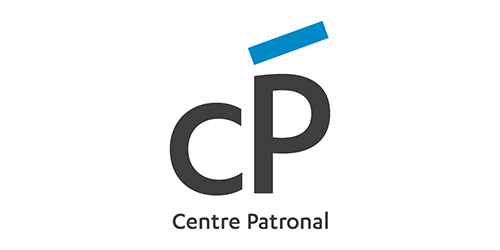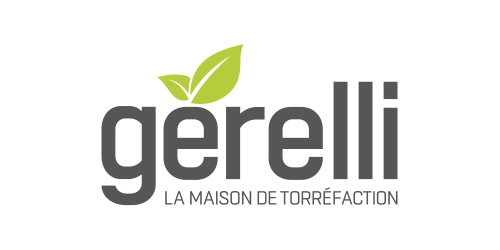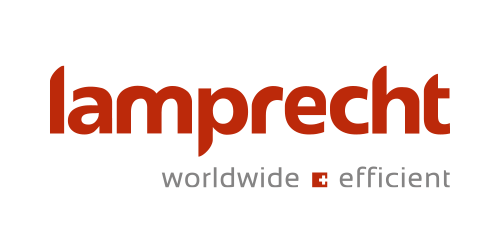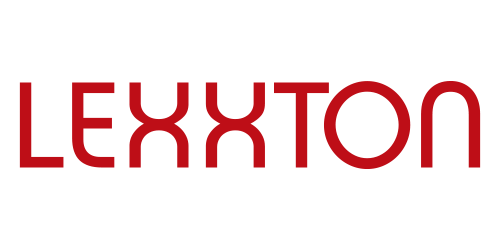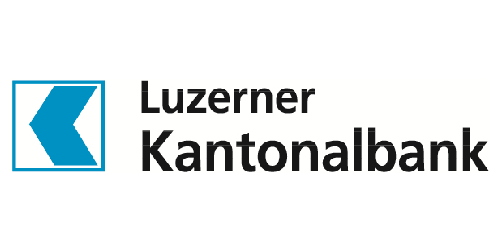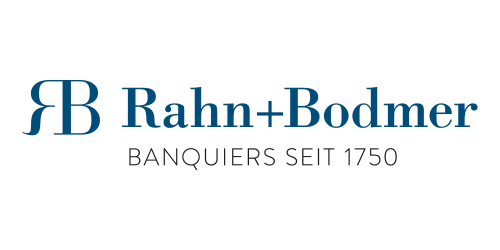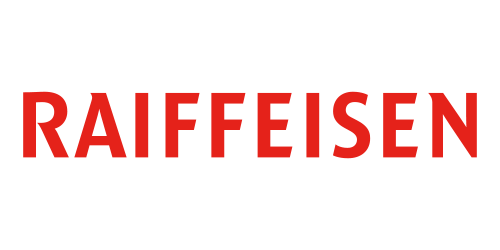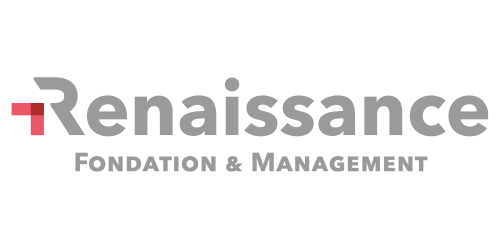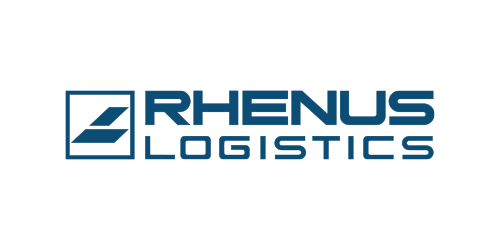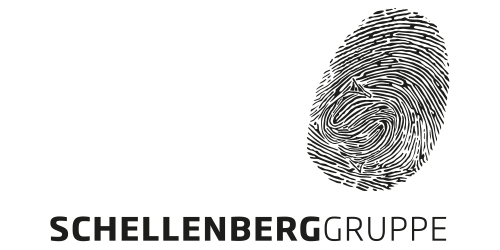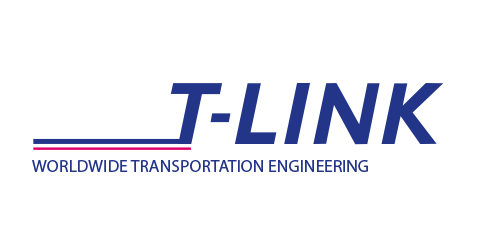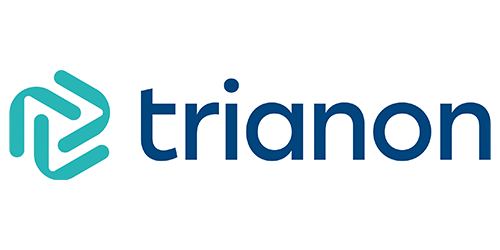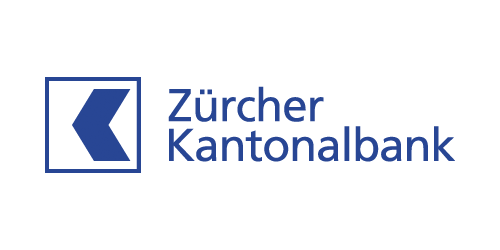Graphene paper makes rapid tests far more accurate and cost-effective
Zurich - The Swiss Federal Institute of Technology in Zurich has developed a rapid test on the basis of graphene paper that contains detection electrodes. This facilitates significantly more sensitive and cost-effective applications, even in the most remote corners of the world.
Chemical engineers from the Swiss Federal Institute of Technology in Zurich (ETH) have opened up new possibilities for all rapid tests on a liquid basis. According to a press release issued by ETH Zurich, they combined the simple and cost-effective microfluidic methods of analytical paper strips with the accuracy of electronic measurement methods. The result is a rapid paper test made of cellulose and graphene – widely regarded as an innovative and promising electronic material of the future – that can be used for practical applications. Moreover, the tests offer the added benefit of being easy to manufacture.
According to ETH Zurich, the end effect could potentially see countless people around the world benefitting from this ETH innovation: From patients being able to monitor blood biomarkers autonomously all the way through to soil, air and water sampling in the field and disease testing in remote parts of the world within just a few minutes, “the potential range of applications covers virtually all chemical, biological and medical analyses that can be performed in aqueous solutions”, the press release explains.
“Our biggest incentive is to improve basic chemical and biological experiments in ways that create new scientific opportunities”, according to Cheh-Jen Shih and Andrew deMello. Their two research groups together made this innovation possible, with the direct environment at ETH Zurich proving to be a real advantage in this regard.
“We’re part of the Department of Chemistry and Applied Biosciences. As engineers, we’re directly inspired by the cutting-edge research being done all around us”, Shih explains in the press release. The experienced ETH transfer department will now take care of safeguarding the intellectual property and negotiating license agreements in order to make this invention accessible to the general public. mm




